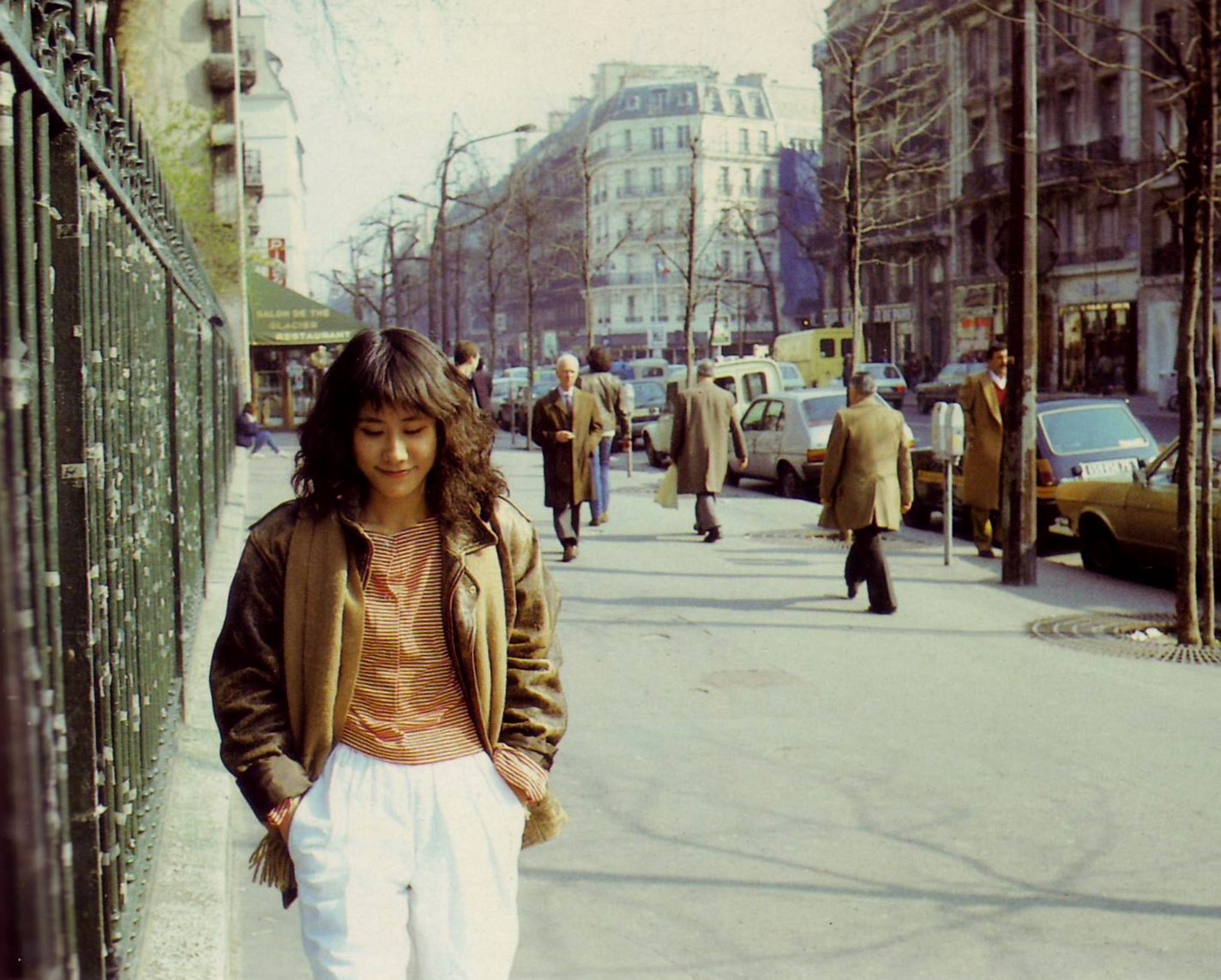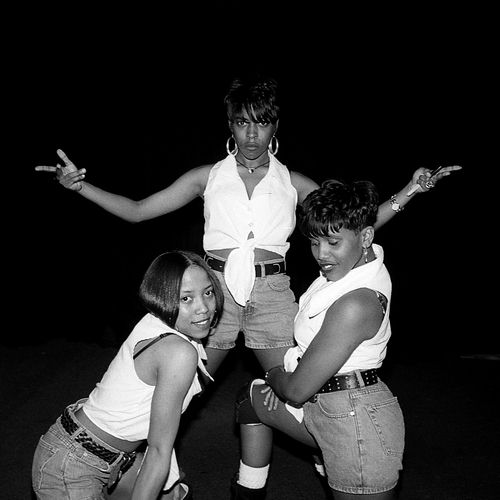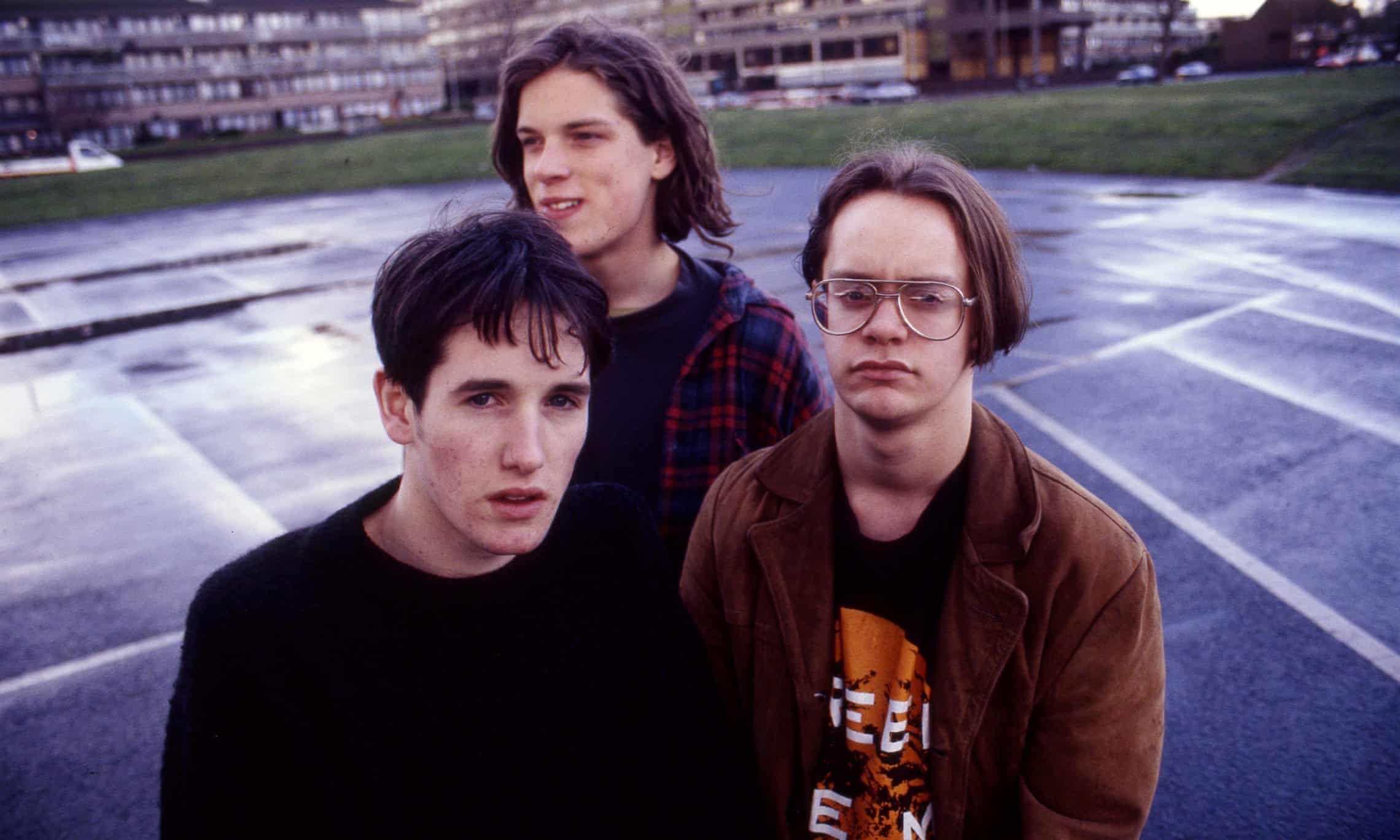At the time of release, A New Morning was exactly that for Suede. The final product of a string of revelations, including a freshly sober frontman and an unforeseen need to replace the very guitarist who'd stepped in to fill Bernard Butler's shoes after Dog Man Star, the album would ultimately turn out to be a shift too far for Suede, and mark the end of their original run (bar a cursorily thrown together greatest hits the following year). In the liner notes of the 2011 expanded reissue, Brett Anderson reflects about the band wanting to "destroy their own myth" in creating the album, and by the 2018 documentary The Insatiable Ones has disowned A New Morning entirely, claiming it shouldn't have been made. There is a tangible bittersweetness between the album's beauty in simplicity and its unmistakable departure from direction. This wasn't what the public expected or, as it turned out, much wanted, from the band they thought they knew. But for me, there's a lot more to it than being a mere 'blot on the landscape', and I think it's important to examine A New Morning with the same fresh perspective with which it was created.
The conscious departure from the sticky, noise-congested sound that had gradually evolved throughout their previous four albums rings out from the very first song. Positivity exemplifies A New Morning's joie de vivre, a quality that Suede had left previously unexplored - the clear, chiming acoustic guitar a bright, eyes-open contrast to the twisted, electric distortion of Head Music. It tells the listener from the start that this will be an entirely new experience, and to the album's credit, the subsequent tracks follow suit, allowing sunlight to filter into the cracks that yesterday's Suede would have preferred clogged with grime. Gone are the city-immersed, jaded lyrics we've come to know, with Anderson now using natural phenomena has his primary muse; be it mentions of birds and fresh air or an ode to the magic of a rain shower, the essence of nature seeps its way into nearly every track and imbues them with life.
In a way, this refreshed perspective makes A New Morning the most 'alive' Suede release to date. No longer swathed in the influence of drugs and gritty urban surroundings, and unmarred by the dark, retrospective shadow of later, reformed Suede, this album is, to quote Untitled (a song that truly epitomises how I regard this album), a "wild flower grown through the concrete". With this vitality comes a focus on clarity, on seeing things plainly for what they are, and tracks like Lost In TV and Beautiful Loser are deadpan, disillusioned meditations on the heroin-chic, celebrity-obsessed lifestyle that Suede had previously represented and, to an extent, glamorised. The combination of these overt themes with uncomplicated lyrics of humble beauty and starkly transparent production gives A New Morning its own, unique strength. Though it may not be immediately apparent next to the rest of Suede's heavy-set electric-guitar-led projects, it has the power to stand alone as an overlooked marvel, achieving the very thing it celebrates in its content.
My rankings are as follows:
- Lost In TV
- Positivity
- Untitled
- Obsessions
- Streetlife
- When The Rain Falls
- Beautiful Loser
- ...Morning
- One Hit To The Body
- Astrogirl
- Lonely Girls
Average Score: 6.0
Though there are no 'blue'-rated tracks, the strongest are the ones I feel most effectively portray A New Morning's ease and clarity, and that really celebrate the charm in the mundane. Lost In TV, Positivity and Untitled are almost inseparable in quality because of how well they each exemplify the album's straightforward radiance. In all three, the vocals are the most direct and delicate, the lyrics pure and raw, and the production clear and emotive. None may have the 'bite' of an outstanding Suede hit, but this album, almost by design, shines better as a whole experience than by splitting apart its individual segments. This is why there are also no 'red'-rated tracks - it is a self-supporting ecosystem, where the stronger elements share their strength with the weaker ones, rather than lassoing the spotlight and allowing their inferiors to wither.
At its weakest, songs like Lonely Girls and One Hit To The Body feel limp and lacklustre - they're the ones I'll sometimes forget how they go until I press play on them, and they perhaps contribute the least to the album's worldbuilding, thematically inconsistent as well as a bit pedestrian in sound. I find the string arrangement in Lonely Girls particularly uninspired - though appropriately spritely at its core, it feels like a pale imitation of the much sweeter, rawer strings featured in Dog Man Star's hidden gem The Power, and the effect is superficial in an album full of honestly. Meanwhile, Astrogirl and When The Rain Falls both suffer a similar problem of being 'almost' there - they have such promising starts, the quirky and articulate introductions and verses possessing a rare magic that gives way to underwhelming choruses. Though both anticlimactic in this sense, When The Rain Falls is somewhat saved by its overall atmospheric resonance - even with a bit of a feeble chord resolution (if it can be called that), it still conveys its message sublimely and leaves a lasting impression. Even the spoken word outro evades the fate of second-hand embarrassment on the listener's part, which in itself is a true accolade!
At this point, it feels like a trademark of mine to ponder over the ifs and maybes of B-Sides and bonus tracks, but given Anderson's inclusion of his own revised tracklists in the booklets of Suede's expanded album remasters, I feel it is especially appropriate to mention how substitutions like Simon and Instant Sunshine could have raised the overall standard of A New Morning. Replacing the few duds with slightly more solid efforts, and perhaps a little shuffling around for pacing (though I generally enjoy the gentle rising and falling, especially waking up to ...Morning after the late-night revelation of Untitled) could have given the record a little more oomph - though I disagree with Anderson's take that Cheap is criminally ignored, coming across as far less of a bold proclamation than it blatantly aims for.
However, even with these kind of tweaks, I don't think it would have changed A New Morning's fate. It was, and still is, the day to Suede's overwhelmingly prevalent night, and though these kind of alterations could easily have elevated the already fair critical acclaim a notch higher, I doubt they would have done much to sway listeners over to a new sound. I remember being bored to death the first time I listened to it, my expectations built up by their back catalogue, and the album coming across with all the personality of an early 2000's Ikea brochure in comparison. I felt like the band I liked so much for their virility and audacity had been neutered. But with each subsequent listen, I've acclimatised to A New Morning's universe, and I've realised this initial reaction (which, unfortunately, was all the majority of listeners at the time were willing to grant it) was based entirely on contrast. Its quality, emotional deliverance, and even song-writing are largely representative of the Suede I knew; I just had rediscover this in the light of a new day.








